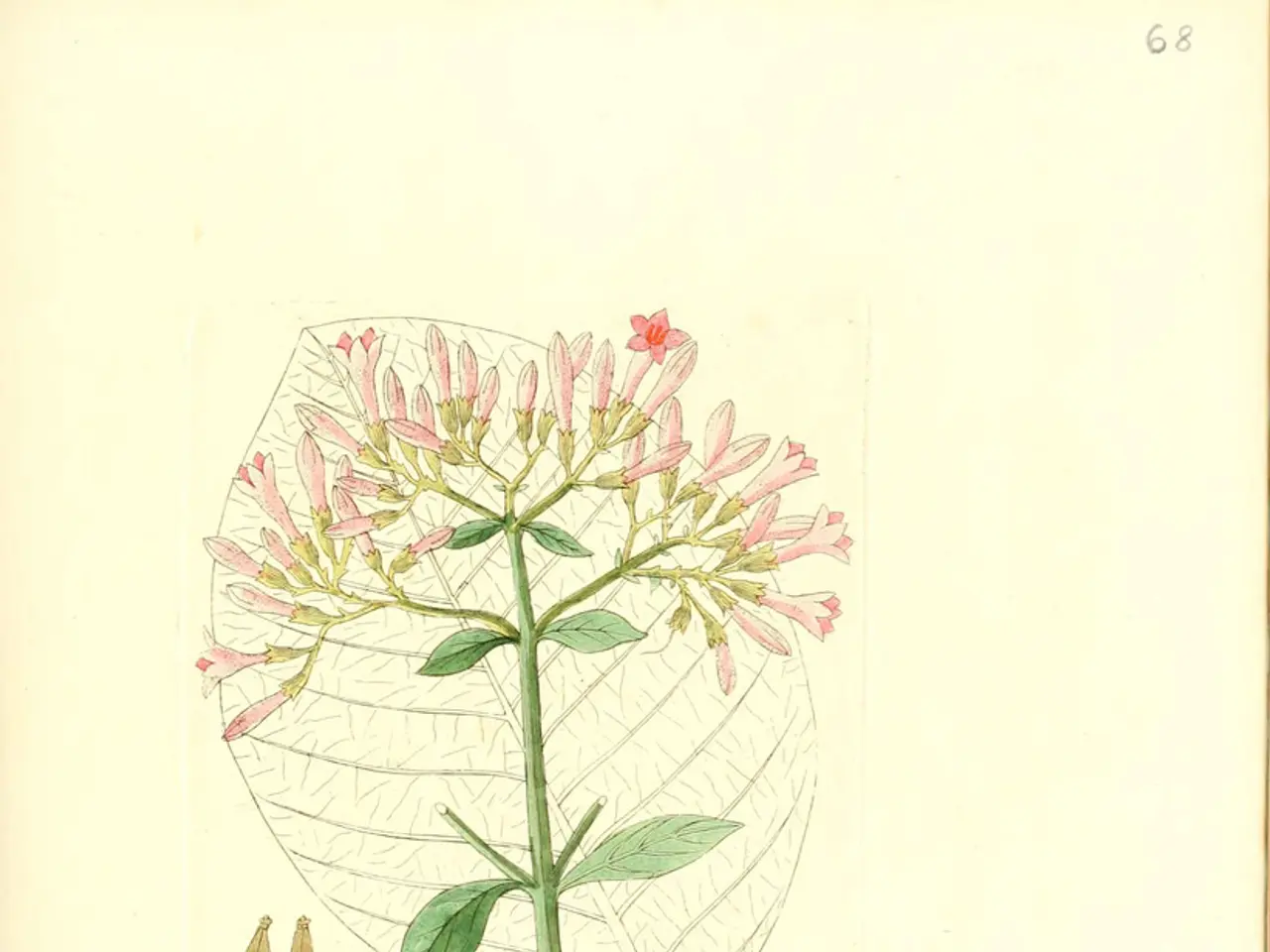Transplants utilizing stem cells: Self-derived, blood-forming, and further variations
Stem cells, the remarkable cells that can transform into almost every type of cell in the human body, play a crucial role in medical treatments, particularly in stem cell transplants. These transplants are often performed when a person's bone marrow has been damaged, leaving it unable to produce healthy cells.
Autologous Stem Cell Transplant
In an autologous transplant, a patient's own stem cells are collected, stored, and later reinfused after intensive cancer treatment. This method is primarily used to treat cancers like leukemia, lymphoma, multiple myeloma, testicular cancer, and neuroblastoma. The process involves stimulating stem cells to enter the bloodstream, collecting them via apheresis, followed by high-dose chemotherapy or radiation, then reinfusion of the stem cells to rebuild the bone marrow. Autologous transplants are generally considered safer due to the absence of immune complications related to donor cells [1][3][5].
Allogeneic Stem Cell Transplant
Allogeneic transplants, on the other hand, use stem cells from a donor, who may be related or unrelated to the patient. The donor’s immune system rebuilds the patient’s bone marrow and immune system. This type of transplant carries risks of immune complications but may better fight cancer. In the case of graft-versus-cancer effect, donor immune cells help attack residual cancer cells. However, there is a risk of graft-versus-host disease (GVHD), where donor immune cells attack the recipient’s tissues. Allogenic transplants can be further divided into syngenic (using stem cells from an identical sibling) and cord blood (using donor blood from the umbilical cord or placenta) [1][2][5].
Syngeneic Stem Cell Transplant
A special type of allogeneic transplant using stem cells from an identical twin or genetically identical sibling is known as a syngeneic transplant. The advantages include no graft-versus-host disease and no cancer cells in transplanted stem cells. However, the lack of graft-versus-cancer effect can increase the risk of cancer relapse since the donor’s immune system is identical and may not attack cancer cells effectively. This type is rare and applicable only if an identical twin or genetically identical sibling donor is available [1][2].
The Process of Stem Cell Transplant
Stem cells are collected through a vein in the arm or chest and then frozen. The collection process takes several days. Before a stem cell transplant, a person must undergo a series of tests and examinations to ensure they are fit to have the procedure. The transplant itself, or infusion, takes about 30 minutes. After the transplant, a person stays in the hospital for a few weeks for recovery. During this time, they may experience weakness, vomiting, diarrhea, loss of appetite, blood transfusions, germ-free isolation, fluid and nutrition support, and potential extended immune system vulnerability for up to 2 years [4].
Donation and Availability
People can donate stem cells by joining their local registry, with the National Marrow Donor Program being the one in the U.S. Cord blood donation is also possible, with arrangements needing to be made early in pregnancy. Cord blood donation is safe, easy, and does not affect the birth process or baby. In an allogenic transplant, a donor must be found, either from a family member or the donor registry [4].
Conditions Treated
Stem cell transplants are used to treat a variety of conditions, including leukemia, severe aplastic anemia, myeloma, lymphoma, sickle cell anemia, Hurler syndrome, thalassemia, and certain other immune system, blood, and metabolic disorders [6].
References:
[1] National Cancer Institute. (2020). Stem Cell Transplantation (Blood and Marrow Transplantation). Retrieved from https://www.cancer.gov/about-cancer/treatment/types/stem-cell-transplant
[2] American Cancer Society. (2020). Stem Cell Transplantation. Retrieved from https://www.cancer.org/treatment/stem-cell-transplantation.html
[3] Leukemia & Lymphoma Society. (2020). Stem Cell Transplantation. Retrieved from https://www.lls.org/treatment/transplantation
[4] American Society of Hematology. (2020). Stem Cell Transplantation. Retrieved from https://www.hematology.org/patients/diseases-conditions/stem-cell-transplantation
[5] National Marrow Donor Program. (2020). Types of Transplants. Retrieved from https://www.marrow.org/for-patients-and-families/types-of-transplants
[6] National Institutes of Health. (2020). Stem Cell Transplantation. Retrieved from https://www.nih.gov/health-information/nih-clinical-research-exchanges/stem-cell-transplantation
- Autologous stem cell transplants are used primarily for treating certain types of cancer, such as leukemia, lymphoma, multiple myeloma, testicular cancer, and neuroblastoma.
- Allogeneic stem cell transplants, which use donor stem cells, can carry risks of immune complications but may better fight cancer, including the graft-versus-cancer effect.
- Syngeneic transplants, a type of allogeneic transplant using stem cells from an identical twin or genetically identical sibling, can lead to no graft-versus-host disease but may increase the risk of cancer relapse due to a lack of graft-versus-cancer effect.
- Stem cell transplants are used to treat a range of medical-conditions beyond cancer, including severe aplastic anemia, sickle cell anemia, Hurler syndrome, thalassemia, and certain other immune system, blood, and metabolic disorders.




